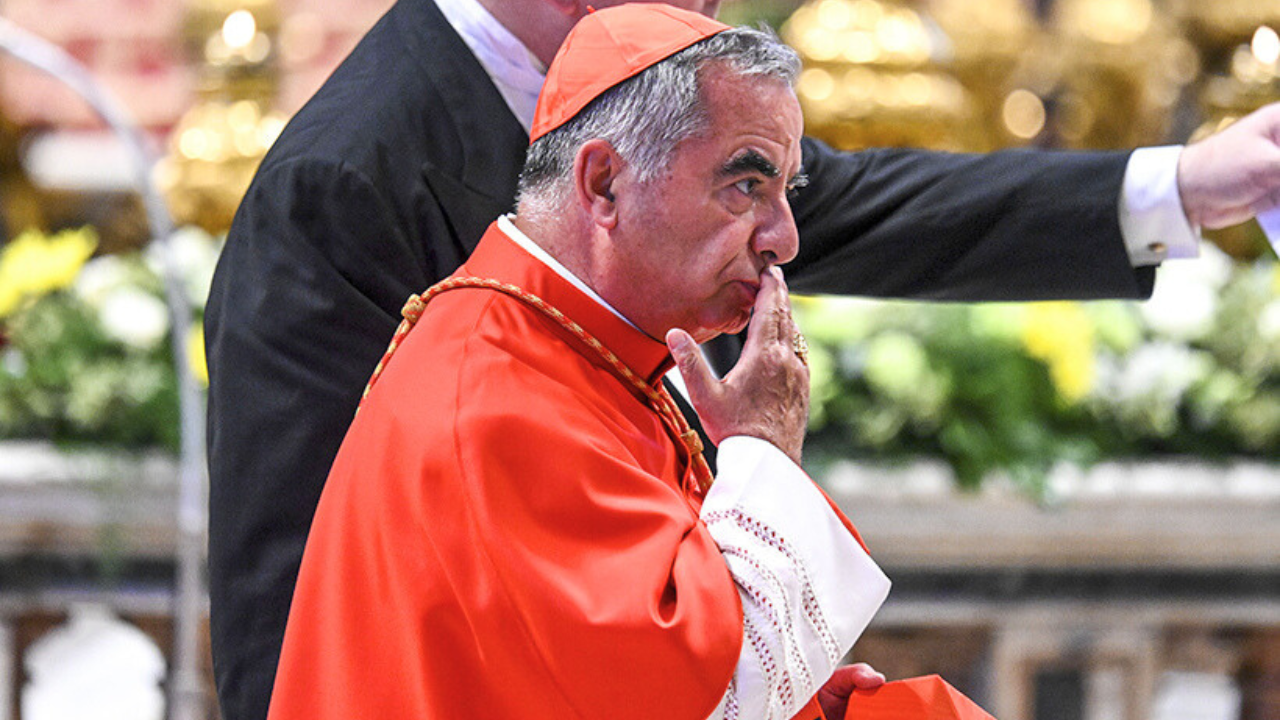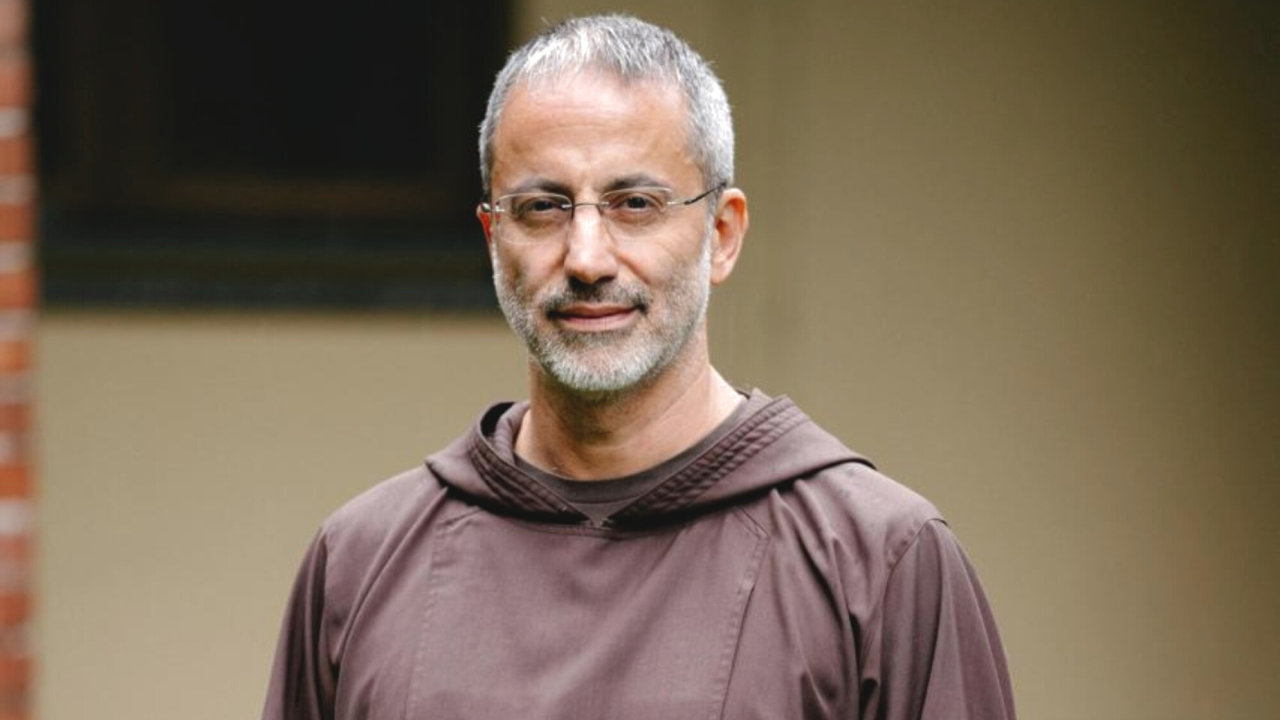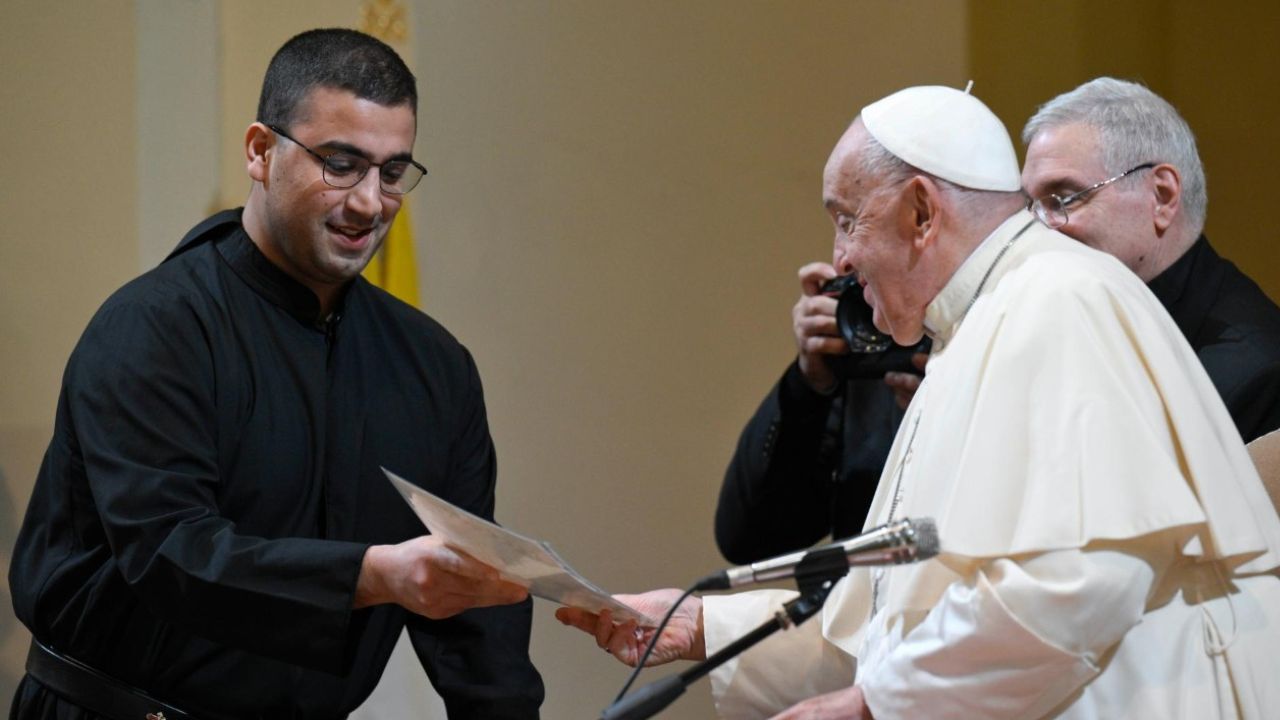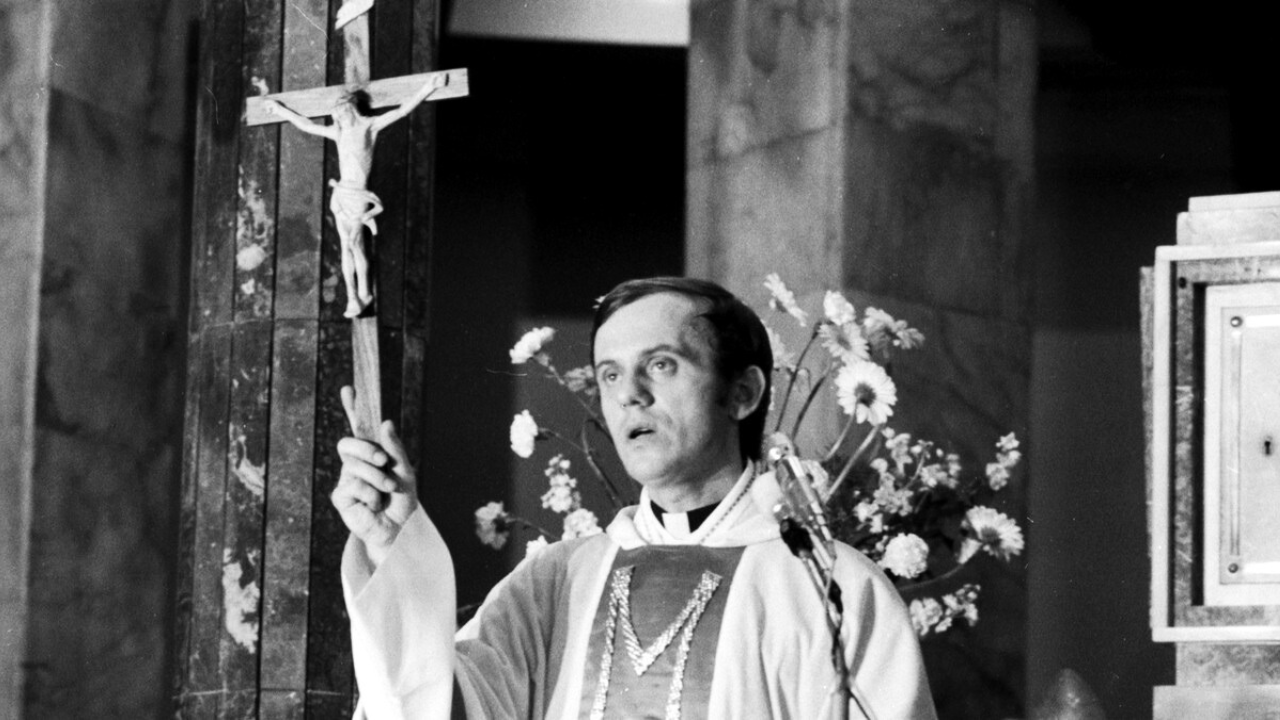Englishman Edward Jenner lived in the 18th and 19th centuries. He is known as the “father of immunology.” He is credited with the discovery of the vaccination against one of the worst diseases of his time: smallpox.
He was a man with strong religious convictions, like Louis Pasteur, who lived in the 19th century. Pasteur is credited with developing the vaccination against rabies. He's also remembered for his belief that “a little bit of science distances one from God, but a lot of it brings one back to Him.”
Though these scientists lived in times marked by the Enlightenment and the separation between faith and science, they didn't renounce their religious convictions. Instead, their beliefs played important roles in their lives, allowing them to use science to help save millions of lives.
In the 20th century, other researchers with strong religious beliefs made important contributions to science. One of them was Jérôme Lejeune, who discovered the genetic cause of Down syndrome and who is currently in the process of beatification.
BIRTHE LEJEUNE
Jérôme Lejeune's wife (March, 2014)
“My husband was very very Catholic, but he was discreet. He didn't make a big show of his faith. He prayed, but he wasn't a man who liked to present himself like that in public.”
Another was Georges Lemaître, the Belgian priest who developed a formulation for the idea of an expanding universe, what would later be known as the Big Bang theory.
Javier Romero
Translation: Claudia Torres



















